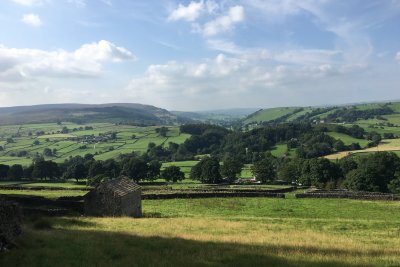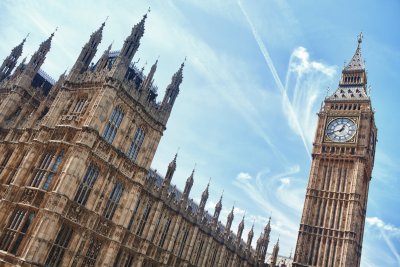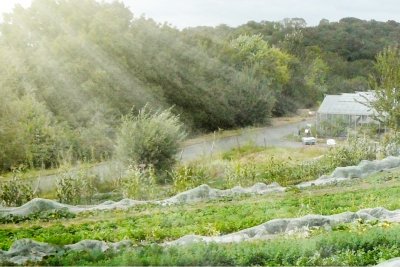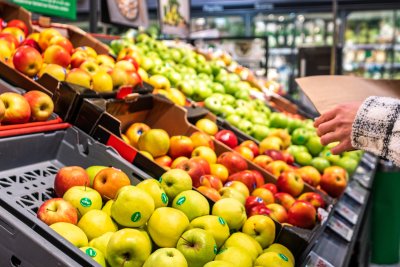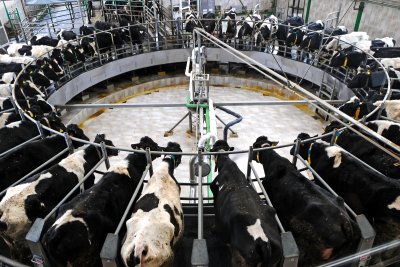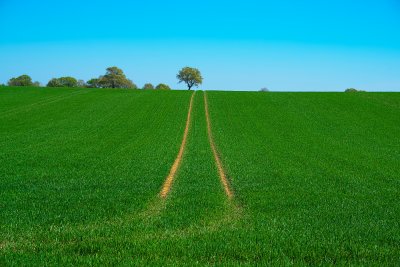A new Greenpeace report projects that agriculture will produce 52% of global greenhouse gas emissions in the coming decades, 70% of which will come from meat and dairy. Livestock production now occupies 26% of the land on Earth.
The report also addresses the detrimental effect of meat and dairy diet on our health. Diets with high amounts of red meat have been linked to cancer, heart disease, obesity and diabetes. Bunny McDiarmid, Executive Director of Greenpeace International said:
“Something is rotten in our food system. Governments continue to support massive meat and dairy operations, leading to more and more meat consumption while putting our health, our children’s health, and the health of our planet at risk. Instead, they should be supporting the increasing numbers of farmers shifting towards ecological production of healthy foods, and helping people access healthy plant-based foods.”
Greenpeace are now campaigning for meat and dairy production to be reduced by 50% across the world by 2050.
Pete Smith, Former Convening Lead Author for the Intergovernmental Panel on Climate Change (IPCC), believes we need a radical change to our diets: “Producing the same mix of foods as we consume now, even if we were to do so more sustainably, cannot deliver the reduction in environmental impacts we need to protect the planet for our children and their children.”
Greenpeace is calling on governments to end policies that support industrial meat and dairy production, and instead help farmers shift towards ecological methods of growing crops. Greenpeace also urges governments to make healthy, plant-based foods more available, and calls on people around the world to join the movement for less meat and dairy and a healthier planet.
Read the full report ‘Less is More’ here.
Climate Change and Nature: Sustain has taken a keen interest in the rapidly accumulating evidence about the effect of food and farming on climate change and nature, as scientific evidence emerges that our food system is a very significant contributor to greenhouse gas emissions and biodiversity loss.

